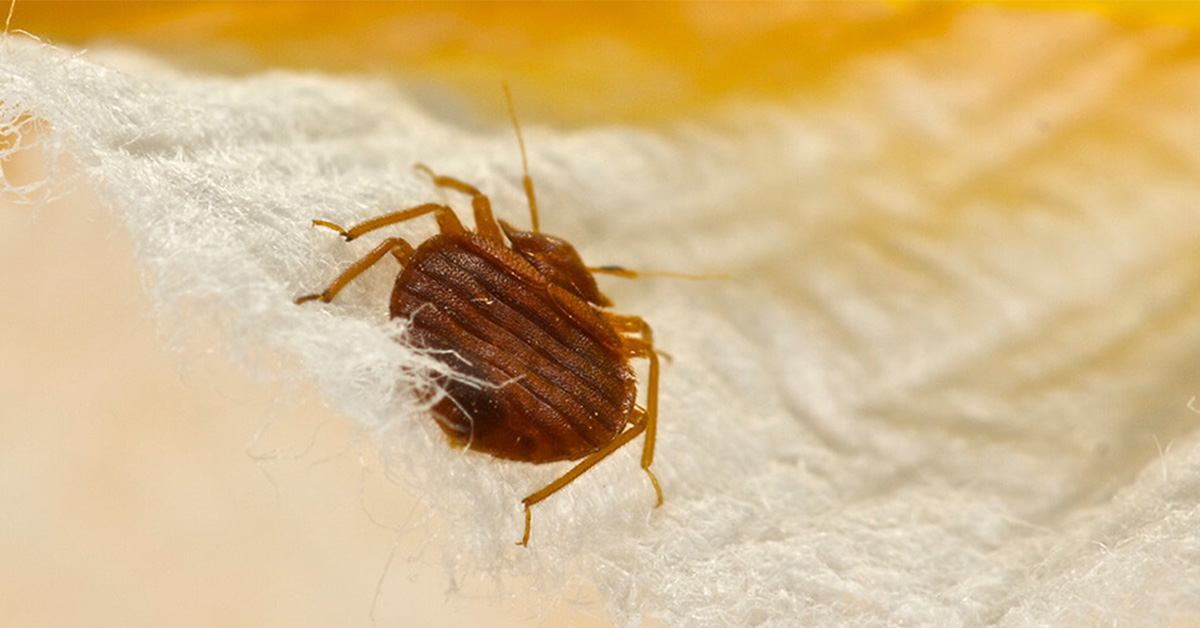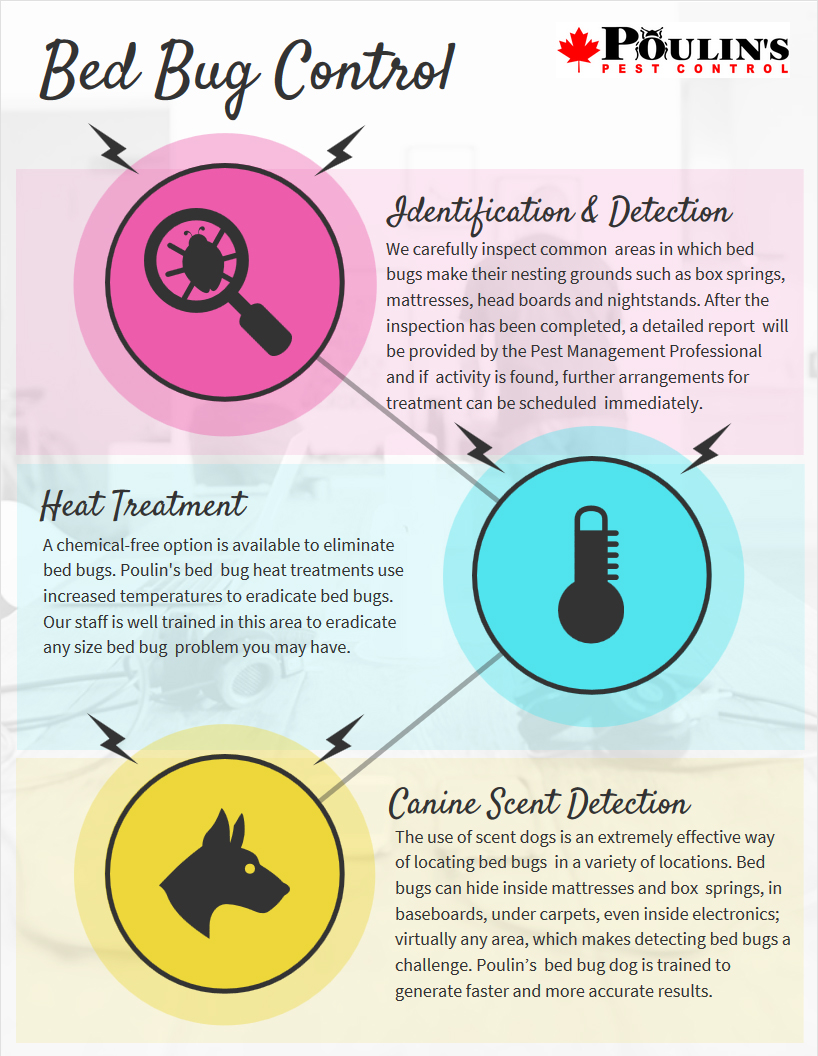Trusted Kings Pest Control Cincinnati OH: Specialist Services
Trusted Kings Pest Control Cincinnati OH: Specialist Services
Blog Article
Sorts Of Bug Control: Which Technique Is Right for Your Infestation?
When faced with a pest infestation, the selection of a proper technique for insect control is essential in efficiently taking care of the circumstance. By discovering the various types of pest control techniques offered, individuals can make enlightened decisions tailored to their one-of-a-kind circumstances, guaranteeing an extra reliable and sustainable result in parasite removal.
Chemical Bug Control
Chemical parasite control entails the use of synthetic or naturally acquired chemicals to take care of and eliminate pest populations successfully. This technique is generally made use of in agriculture, forestry, and property setups to battle a large range of insects, including rats, weeds, and bugs. Making use of chemical pesticides can supply fast and targeted solutions to pest problems, making it a preferred choice for numerous people and services.
One of the essential advantages of chemical insect control is its ability to promptly get rid of insects, minimizing the threat of damages to crops, residential property, and human health. By making use of particular chemicals that target certain pests, this technique can successfully control infestations while lessening injury to helpful organisms and the environment when applied appropriately.
Nonetheless, using chemical insect control also raises issues about prospective damaging effects on non-target varieties, water resources, and human wellness. It is vital to adhere to safety and security standards, use chemicals sensibly, and consider different insect control techniques to lessen these dangers and make certain sustainable bug administration practices.
Organic Bug Control
Biological pest control, additionally called biocontrol, uses living organisms to handle and minimize pest populations normally. This technique utilizes the power of nature to manage insects without the demand for synthetic chemicals. Biocontrol can include the introduction of all-natural adversaries of the bug varieties, such as virus, killers, or bloodsuckers, to reduce insect populations. By utilizing the insect's natural predators or pathogens, organic parasite control supplies a eco-friendly and lasting service to pest management.

Mechanical Insect Control
Making use of hands-on and physical approaches to manage insect populaces, mechanical parasite control offers an alternate technique that does not rely upon making use of living organisms or synthetic chemicals. This technique entails making use of barriers, traps, or other tools to literally deter or get rid of bugs. By obstructing parasite access factors or establishing traps to catch them, mechanical pest control can efficiently minimize problems without presenting chemicals right into the setting.
One usual instance of mechanical parasite control is using mesh displays on home windows and doors to stop insects from entering structures. This straightforward yet reliable approach acts as a physical obstacle, maintaining parasites out while permitting correct air flow. Furthermore, gadgets like mousetraps, fly swatters, and ultrasonic repellents fall under the mechanical insect control category.
While mechanical pest control methods can be labor-intensive and call for normal surveillance and upkeep, they provide a eco pleasant and sustainable service for managing pest problems. By integrating different mechanical techniques, homeowner can develop a detailed insect control technique that reduces dependence on chemical pesticides.
Physical Insect Control

Some usual physical insect control techniques consist of using obstacles such as screens or nets to stop pest entry, traps to catch and eliminate bugs, and hand-picking to literally get rid of pests from plants or structures. Additionally, methods like warm treatments can be utilized to manage bugs like bed pests by elevating the temperature level to degrees that are dangerous to the pests.
Physical parasite control is specifically valuable in incorporated parasite monitoring (IPM) approaches, where numerous parasite control approaches are incorporated for reliable bug monitoring while lessening using chemicals. By making use of physical parasite control strategies, people can check my reference successfully attend to insect invasions with termite poison minimal environmental influence.
Integrated Parasite Administration
When carrying out physical bug control methods as part of parasite monitoring methods, Integrated Insect Management (IPM) arises as a thorough technique that leverages various techniques to properly manage pest populations. IPM concentrates on long-lasting prevention of parasites with a combination of organic, social, physical, and chemical tools customized to particular bug issues. By incorporating several control tactics, IPM intends to reduce the risks connected with insects while additionally minimizing reliance on chemical remedies.
One secret facet of IPM is the emphasis on surveillance and examining pest populations to figure out one of the most appropriate control approaches. This proactive approach permits early treatment and targeted strategies, causing more reliable pest administration. Additionally, IPM promotes eco friendly methods by focusing on non-chemical control methods and just using pesticides as a last resource.
Final Thought

By making use of the bug's natural killers or pathogens, organic insect control offers a ecologically friendly and lasting remedy to pest administration. - Kings pest control Cincinnati
Making use of hand-operated and physical techniques to take care of insect populaces, mechanical insect control supplies an alternative strategy that does not rely on the usage of living microorganisms or synthetic chemicals.A reliable approach to handling parasite populations i was reading this without depending on chemical or organic methods includes the usage of physical bug control strategies.When carrying out physical parasite control methods as part of bug monitoring strategies, Integrated Bug Monitoring (IPM) arises as a comprehensive method that leverages numerous strategies to effectively control pest populations. Chemical bug control entails the usage of pesticides, biological bug control makes use of natural killers, mechanical insect control includes physical obstacles, physical pest control includes trapping or eliminating bugs, and incorporated bug monitoring incorporates numerous approaches for a holistic approach to pest control.
Report this page